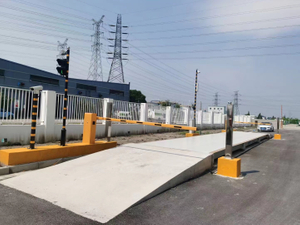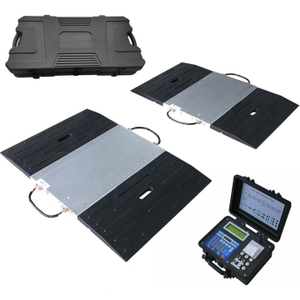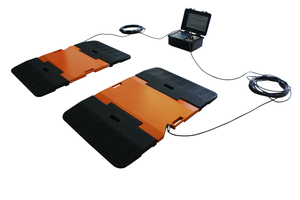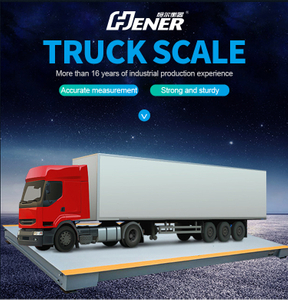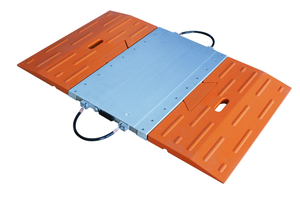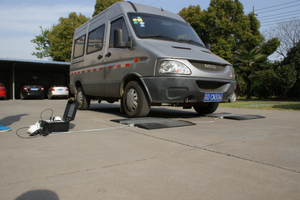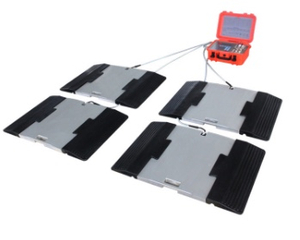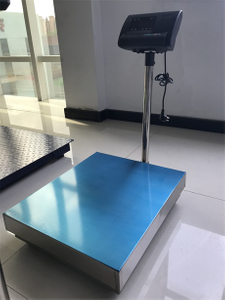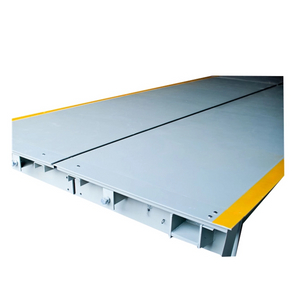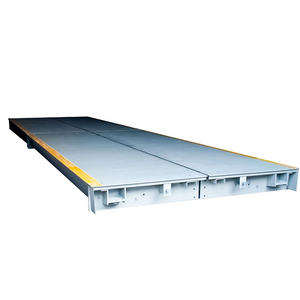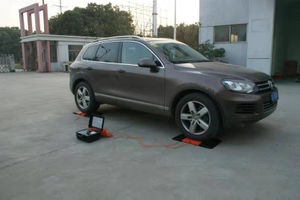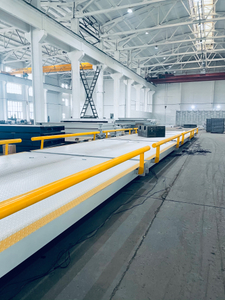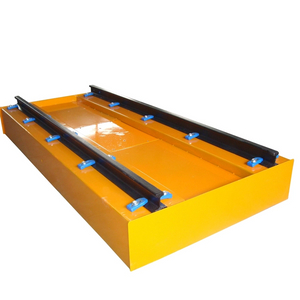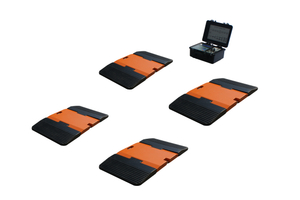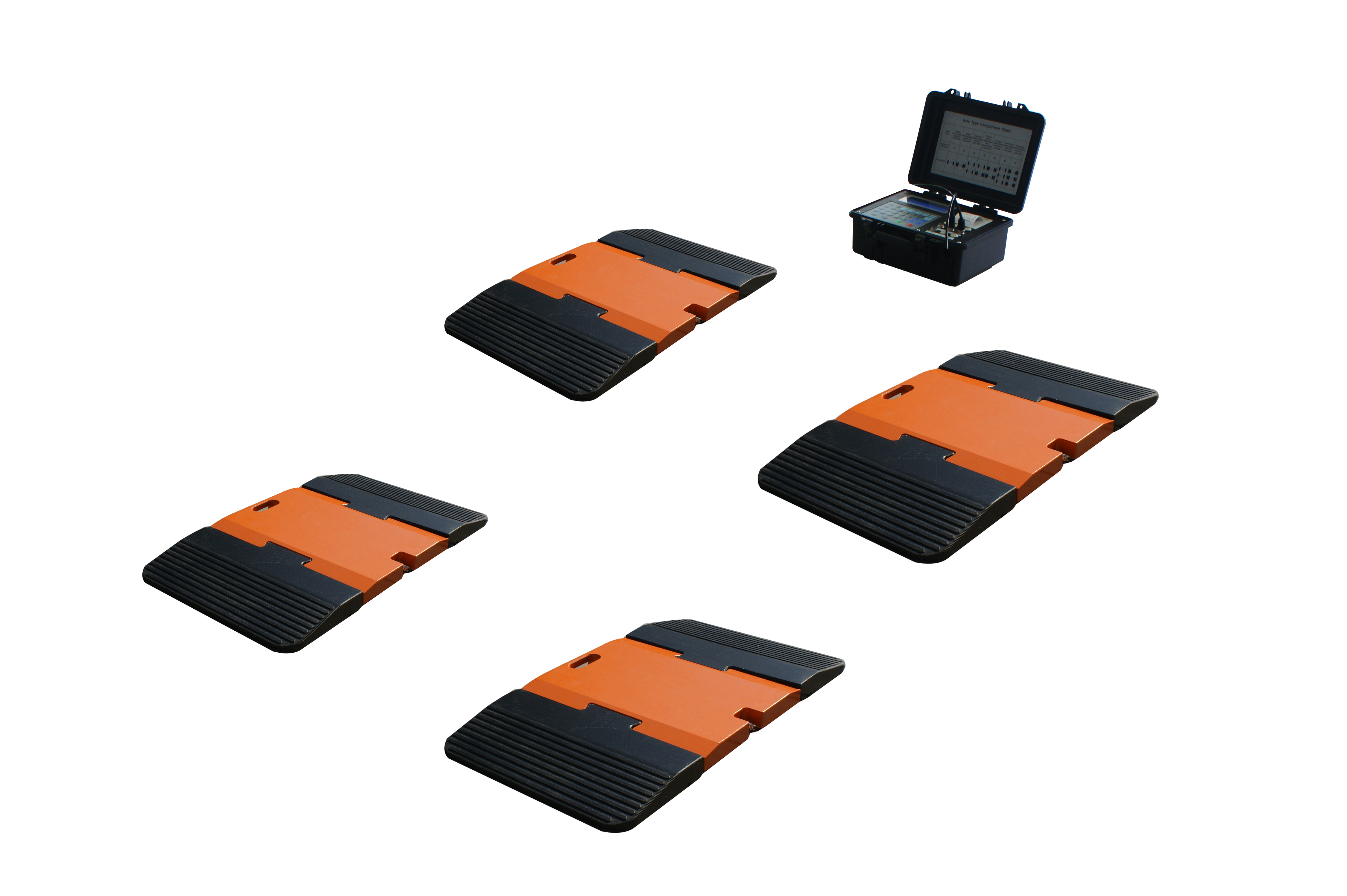
In the fast-paced world of transportation and logistics, fleet managers face a constant balancing act: meeting regulatory compliance while minimizing operational costs. One misstep in weight management can lead to hefty fines, vehicle damage, or even legal liabilities. To navigate these challenges, an increasing number of fleet managers are turning to portable axle scales as a cost-effective and efficient solution. But what makes these compact devices so valuable in an industry dominated by large-scale operations? Let’s explore why portable axle scales are becoming indispensable tools for modern fleet management.
The Growing Importance of Weight Compliance
Transportation regulations are stricter than ever. Governments worldwide enforce axle weight limits to protect infrastructure, ensure road safety, and promote fair competition. For example, in the U.S., the Federal Bridge Gross Weight Formula sets strict limits on axle weights, while the EU’s Directive 96/53/EC standardizes vehicle dimensions and weights across member states. Exceeding these limits can result in:
Fines: Penalties often scale with the severity of the violation, sometimes reaching thousands of dollars per incident.
Operational Delays: Overloaded vehicles may be forced to offload cargo on the spot, causing costly delays.
Vehicle Wear and Tear: Excess weight accelerates tire degradation, strains brakes, and damages suspension systems.
Reputational Risk: Repeated violations can harm relationships with clients and regulators.
Traditional fixed weigh stations are a compliance staple, but they lack flexibility. Fleet managers need tools that integrate seamlessly into daily operations—enter portable axle scales.
What Are Portable Axle Scales?
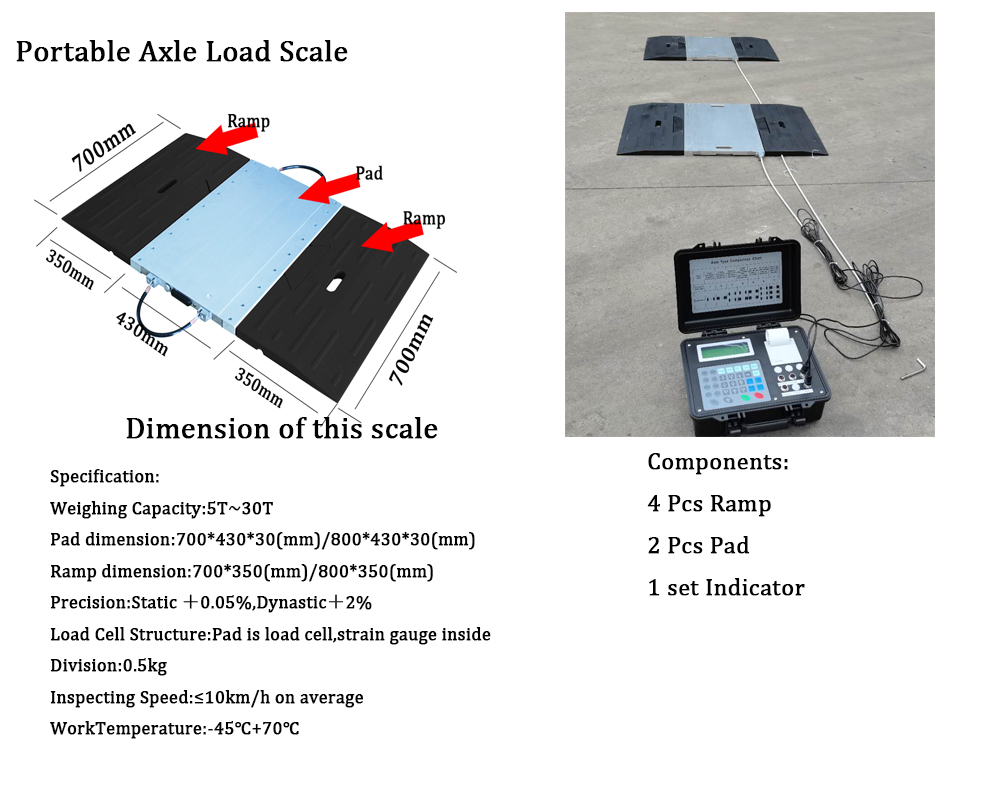
Portable axle scales are compact, lightweight weighing systems designed to measure the weight of individual axles or entire vehicles. Unlike fixed scales, they can be deployed quickly on-site, whether at a warehouse, construction site, or roadside checkpoint. Modern versions are often battery-powered, wireless, and compatible with software that syncs data to cloud platforms for real-time analysis.
Key features include:
Portability: Weighing as little as 30–50 pounds, they’re easy to transport and set up.
Accuracy: Advanced sensors provide precise measurements, often within ±0.5%–1% error margins.
Durability: Built to withstand harsh environments, including extreme temperatures and heavy loads.
User-Friendly Design: Many models offer plug-and-play functionality with mobile apps for instant data access.
Why Fleet Managers Are Making the Switch
1. Avoiding Costly Fines and Penalties
Portable axle scales empower drivers and managers to verify loads before hitting the road. By conducting pre-trip checks, fleets can redistribute weight or adjust cargo to stay within legal limits. This proactive approach minimizes the risk of fines and ensures compliance across routes with varying regulations.
For example, a trucking company operating across state lines in the U.S. might encounter differing weight limits. Portable scales allow drivers to adapt quickly, avoiding penalties that could erase profit margins on a single haul.
2. Reducing Maintenance Costs
Overloading doesn’t just attract fines—it also shortens vehicle lifespans. Excessive weight strains engines, transmissions, and brakes, leading to premature failures. By ensuring loads are balanced and within limits, portable axle scales help fleets:
Extend tire life (overloading is a leading cause of tire blowouts).
Lower fuel consumption (heavier loads increase drag and fuel use).
Reduce downtime for repairs.
Over time, these savings offset the initial investment in the scales.
3. Enhancing Operational Flexibility
Fixed weigh stations are stationary and often located far from loading zones. Portable scales eliminate the need for detours, allowing weigh-ins to occur exactly where cargo is loaded. This is especially valuable for industries like:
Agriculture: Farmers can weigh harvests directly in fields.
Construction: Equipment and materials are measured on-site.
Last-Mile Delivery: Urban distribution centers with space constraints.
For fleets operating in remote areas or temporary sites, portable scales are a game-changer.
4. Data-Driven Decision Making
Modern portable axle scales integrate with telematics and fleet management software, providing insights such as:
This data helps managers optimize load planning, identify training needs, and demonstrate compliance during audits.
5. Cost-Effectiveness
Compared to installing permanent weigh stations—which can cost 50,000to50,000to200,000—portable axle scales are a bargain. High-quality models range from 2,000to2,000to15,000, depending on capacity and features. Their affordability makes them accessible even to small and mid-sized fleets.
Additionally, their durability ensures a strong ROI. Many scales last 10+ years with minimal maintenance, paying for themselves multiple times over in avoided fines and efficiency gains.
Real-World Applications: Success Stories
Mining Industry: A Canadian mining company reduced overloading violations by 90% after equipping haul trucks with portable scales. Drivers now adjust loads in real-time, avoiding costly roadside inspections.
Food Distribution: A U.S. cold-chain logistics provider cut fuel costs by 8% by optimizing trailer weights, saving over $100,000 annually.
Waste Management: A European waste collection fleet used portable scales to comply with EU axle limits, eliminating fines that previously cost €20,000 per quarter.
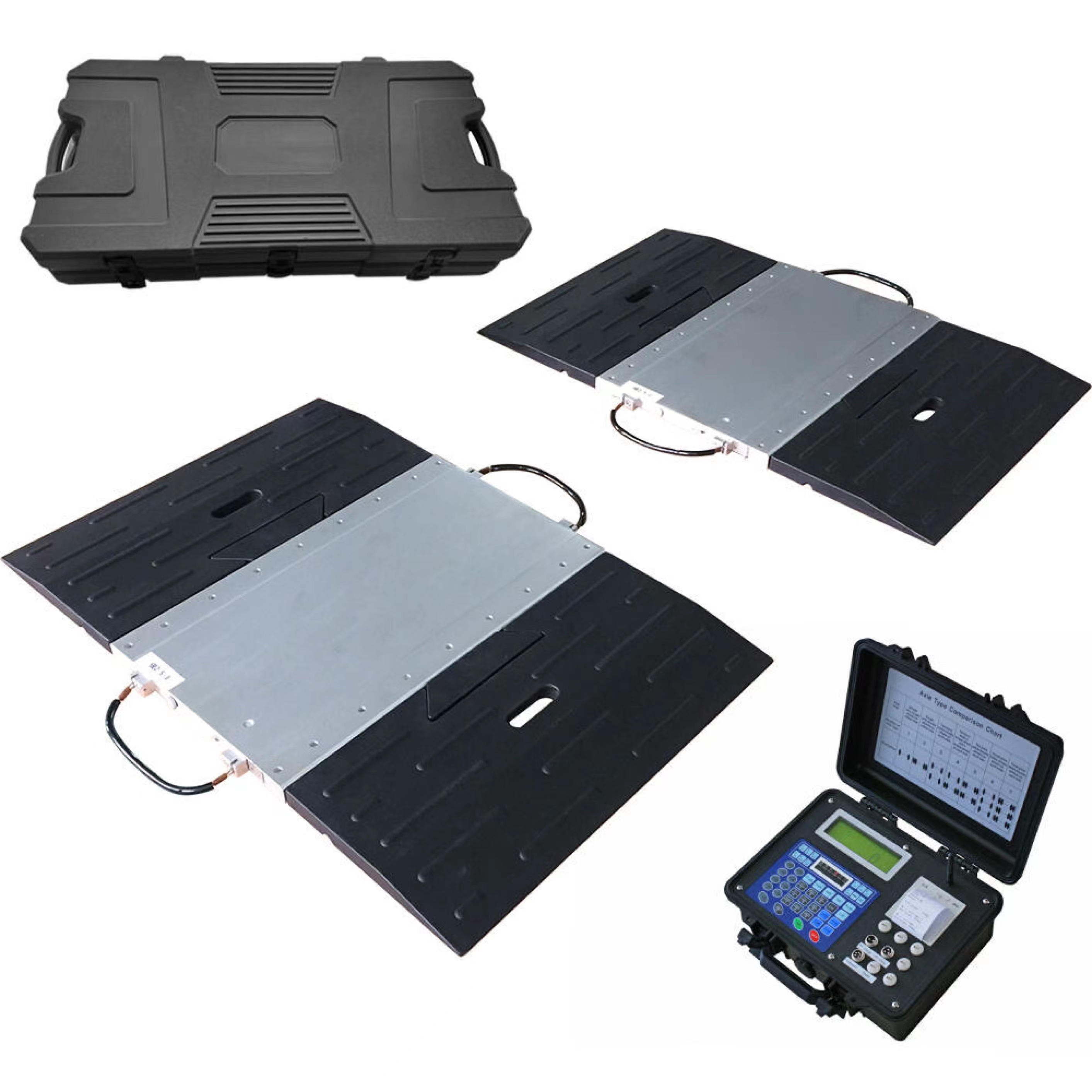
Choosing the Right Portable Axle Scale
Not all scales are created equal. Key considerations include:
Capacity: Ensure the scale can handle your fleet’s maximum axle weights.
Portability: Opt for lightweight, weather-resistant models if frequently moving units.
Integration: Look for Bluetooth/Wi-Fi connectivity and software compatibility.
Certification: Verify that scales meet local legal standards (e.g., NTEP in the U.S., OIML in Europe).
Conclusion: A Smart Investment for Future-Proof Fleets
In an era where compliance and efficiency are non-negotiable, portable axle scales offer a pragmatic solution. They empower fleet managers to stay ahead of regulations, reduce operational costs, and extend vehicle longevity—all while providing the flexibility modern logistics demand. As transportation regulations tighten and competition intensifies, investing in portable weighing technology isn’t just a choice; it’s a strategic imperative for sustainable growth.
By adopting portable axle scales, fleets aren’t just avoiding fines—they’re driving smarter, safer, and more profitably.
English
العربية
Français
Русский
Español
Português
Deutsch
italiano
Nederlands
Tiếng Việt
ไทย
Polski
Türkçe
ភាសាខ្មែរ
Bahasa Melayu
Filipino
Bahasa Indonesia
Română
Čeština
Монгол
қазақ
Српски
हिन्दी
Slovenčina
Slovenščina
Norsk
Svenska
Ελληνικά
Suomi
Հայերեն
Latine
Dansk
Shqip
Hrvatski
Afrikaans
Gaeilge
Eesti keel
Oʻzbekcha
latviešu
Azərbaycan dili
Беларуская мова
Български
ქართული
guarani
Кыргызча
Lietuvių
Македонски
Malti
Soomaali
Тоҷикӣ
Türkmençe




